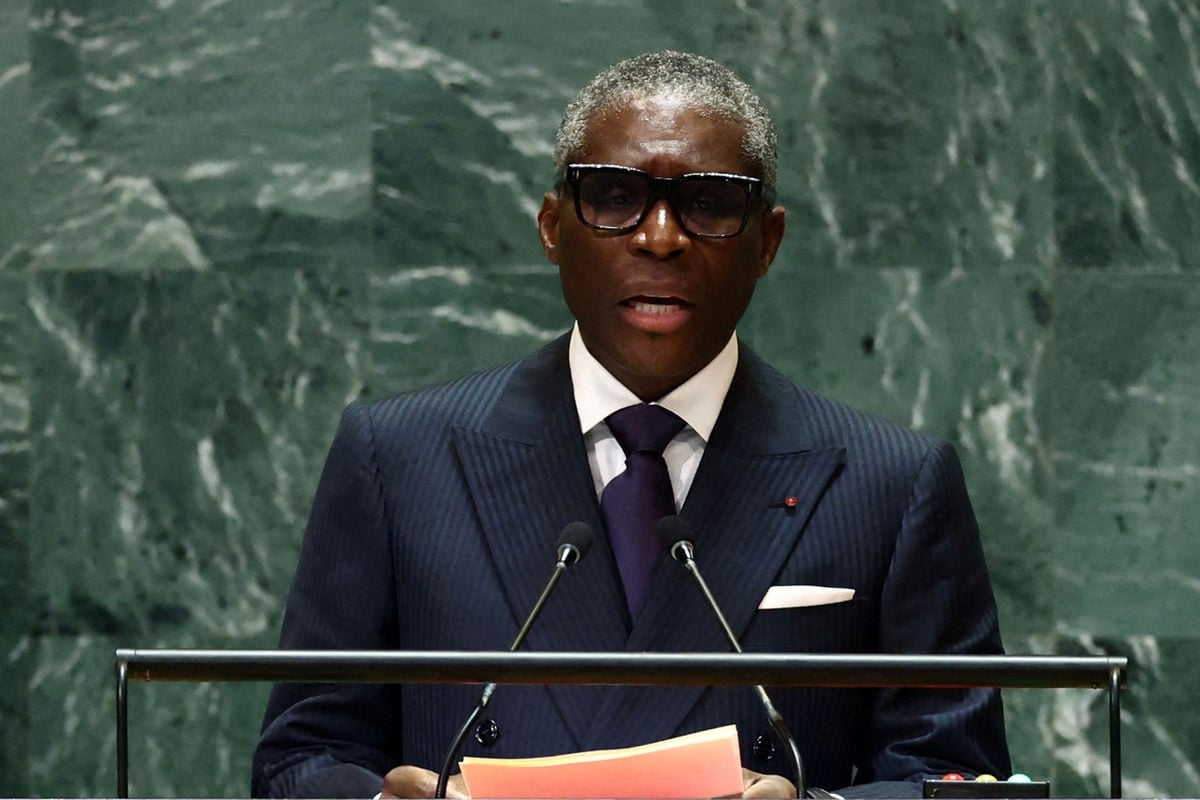Prime
Transmitting Karuma power to cost Shs4b

What you need to know:
- The other projected to evacuate Karuma dam are the Karuma–Kawanda, Karuma–Lira and Karuma–Oriyo transmission lines.
- According to records, 90 per cent of the work on the Karuma–Kawanda line is complete, Karuma–Olwinyo (86 per cent), while Karuma-Lira is at 66 per cent complete.
Power distributor Umeme will spend $1.1m (Shs4.1b) to relay Karuma Dam’s output to end-users.
The utility will string a line from Karuma to Kigumba as one of the projects to integrate the transmission and distribution segments with the 600-megawatt (MW) plant.
In Kigumba, it will put up a switching station that will disperse power to consumers in Lira, Gulu, Masindi and Hoima districts.
Mr Milton Edimu, the Umeme manager for asset planning and design, says they settled on Kigumba because of its central location and the need to give the long Lira-Apac-Masindi distribution line a breather.
The quantity of power reduces – put different, is lost in the form of heat – if it is transported over long distances.
Thus, Mr Edimu says: “The switching station will split the long Lira, Apac, Masindi feeder so as to get the highest benefit in reliability of power supply.”
He adds that the line will be ready ahead of the commissioning of Karuma dam in the last quarter of this year.
Last year, government announced that it would commission the hydropower plant in November.
Once operational, Karuma power dam will increase Uganda’s installed power generation capacity from 1, 200MW to just under 2,000MW.
Its power will cost five US cents per unit, a tariff the government has time and again said would contribute to lowering the cost of doing business in Uganda.
The government furthers argues that if added, the Karuma power will in turn influence many investors to build even more factories in the country, thereby creating job opportunities for some of the unemployed Ugandans.
Utilisation of Karuma power is of interest to many Ugandans because in 2015, the government borrowed $1.4 billion (Shs5.3 trillion) from China to finance the construction of the dam.
Taxpayers will have to repay that money within 20 years, starting from the plant’s commercial operations date.
While there are concerns about Uganda’s ability to consume the power being generated, figures show that consumption is increasing.
For instance, according to the Electricity Regulatory Authority, peak demand (consumption between 6pm and midnight) has risen from 550MW in 2014 to 724MW as of 2019.
The other projected to evacuate Karuma dam are the Karuma–Kawanda, Karuma–Lira and Karuma–Oriyo transmission lines.
According to records, 90 per cent of the work on the Karuma–Kawanda line is complete, Karuma–Olwinyo (86 per cent), while Karuma-Lira is at 66 per cent complete.




